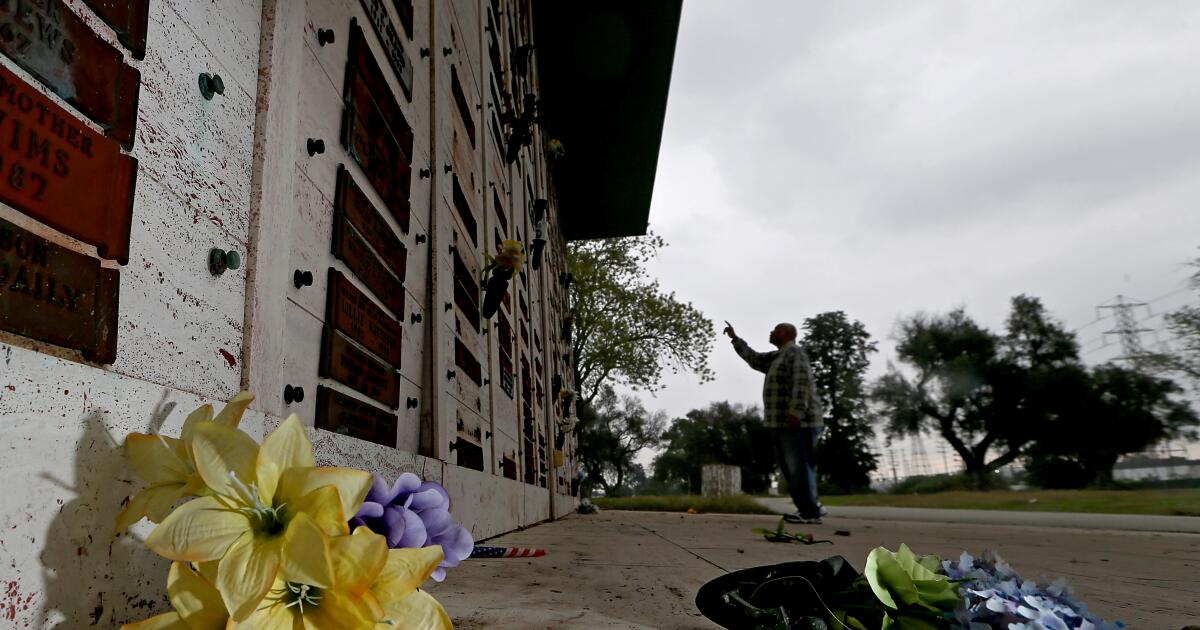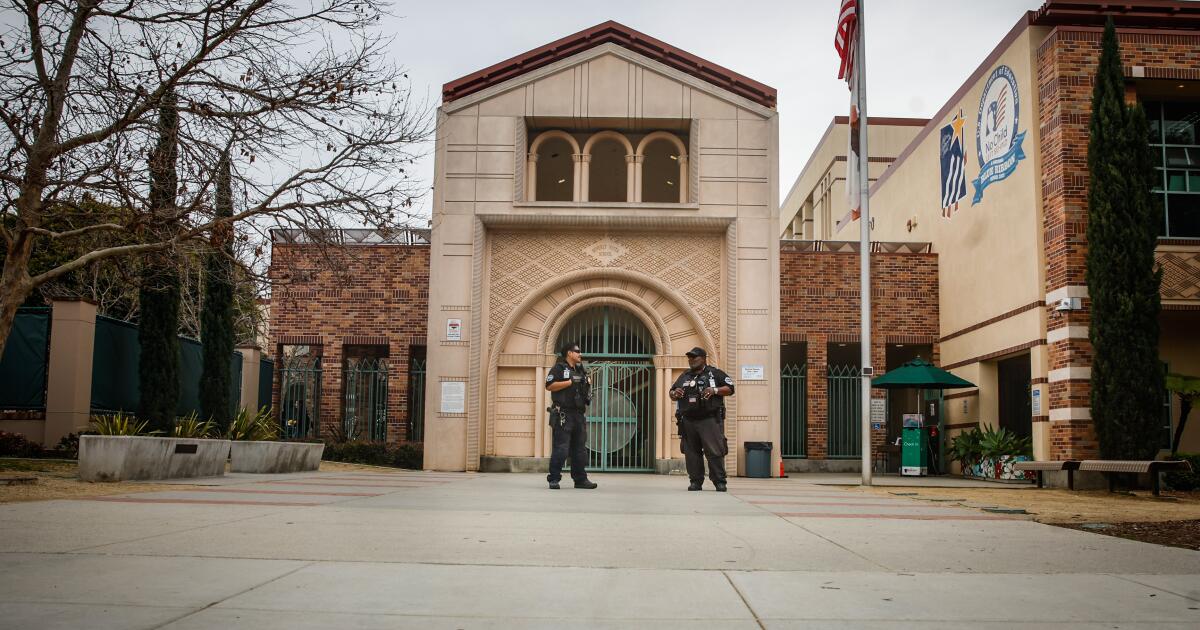Extreme heat is causing canned carbonated drinks to explode when opened by flight attendants on some Southwest Airlines flights, according to airline officials.
“We are aware of the issue and have taken steps to keep beverages on board cooler, especially at our airports where temperatures are extreme,” said Chris Perry, a spokesman for Southwest Airlines. “It’s a cross-functional effort between our teams at the airport and those in the air.”
The incidents have occurred mainly on flights departing from airports in Phoenix and Las Vegas, which have been hit by brutal heat waves, with triple-digit temperatures expected this week. Other cities include Austin, Houston, Dallas and Sacramento.
The airline does not know how many incidents have been reported so far or how many employees have been injured by the explosive canisters.
“But one incident is too many,” Perry said. “That’s why we’re dealing with it.”
He said no passengers were injured.
CBS News, which first reported the story, said about 20 flight attendants were injured by the ruptured cans, including one who needed stitches.
Perry said part of the problem may have to do with the way Southwest stores and loads beverages on planes. Unlike other airlines, he said, Southwest does not store perishable goods on board and rarely uses air-conditioned catering trucks.
In an effort to address the problem of exploding cans, he said, the airline has implemented a number of procedures including using coolers and instructing ground crews to return canned carbonated beverages with a temperature of 98 degrees or higher to the warehouse to cool. Flight attendants have also been asked not to open cans that appear deformed.
“We are also testing the use of some air-conditioned trucks in Phoenix and Las Vegas,” he said. “Both markets have very high temperatures and are two of our largest operations.”
The measures were similar to those listed in an internal email to employees obtained by CBS News.
In the July 12 email, titled “Hot and Exploding Cans: Changes to Provisioning Procedures,” company officials said finding solutions to “hot and exploding cans” was a top priority and listed a number of changes the company was implementing, such as limiting the amount of time cans spend in the heat and storing fewer cans on provisioning trucks.
Perry said the changes appear to be helping so far, as there have been fewer incidents.












